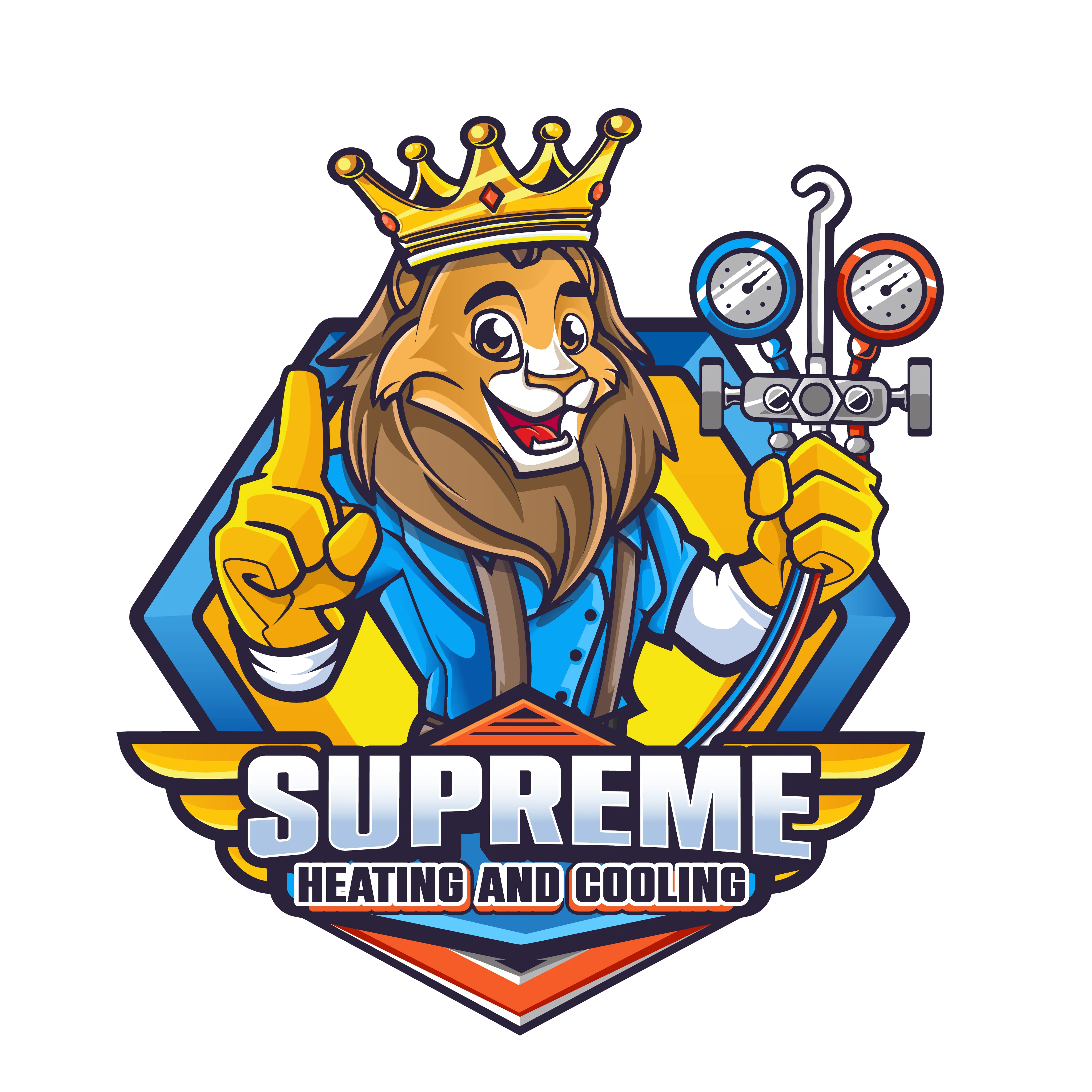.jpeg)
A well-functioning HVAC system is crucial for maintaining comfort in your home throughout the year. It ensures that your living space stays cool in the summer and warm in the winter, making it essential for your daily comfort. However, when HVAC sensors fail, the system can face significant issues. These small yet vital components are responsible for monitoring and adjusting indoor temperature, humidity, pressure, and air quality. When they malfunction, your HVAC system may not operate as efficiently, resulting in discomfort and increased energy bills.
In North Huntingdon, where residents rely heavily on their HVAC systems, sensor failures can lead to unexpected problems and expenses. Understanding common sensor failures and their implications can help you recognize when it’s time to seek HVAC repair in North Huntingdon. By addressing these issues promptly, you can ensure that your home remains a comfortable haven regardless of the season outside.
Common HVAC Sensors and Their Functions
HVAC systems utilize various sensors to monitor and adjust different aspects of indoor air quality and comfort.
– Temperature Sensors: These sensors detect indoor temperature levels and signal the HVAC system to activate heating or cooling as needed.
– Humidity Sensors: Responsible for measuring moisture levels in the air, these sensors help maintain optimal humidity, preventing issues such as mold growth or overly dry air.
– Pressure Sensors: These sensors monitor the pressure within the HVAC system, helping prevent issues related to airflow and system balance.
– Air Quality Sensors: These detect pollutants and allergens, allowing the system to adjust ventilation and filtration to improve air quality.
Each of these sensors plays a crucial role in the overall performance of your HVAC system. If one sensor fails, it can disrupt the balance and efficiency of your heating and cooling, leading to discomfort and potential damage to the system. By understanding the purpose of these sensors, you can better recognize when something might be amiss and take steps to address it promptly.
Signs of HVAC Sensor Failures
Identifying sensor failures early can save you time and money on repairs or replacements. Here are some common signs that your HVAC sensors may not be functioning properly:
– Inconsistent Indoor Temperatures: If different rooms in your home have varying temperatures with the HVAC system running, a faulty temperature sensor could be to blame.
– Unexpectedly High Energy Bills: A malfunctioning sensor may cause your system to run longer or more frequently than necessary, leading to increased energy costs.
– Poor Air Quality and Humidity Control: Issues with air quality or humidity levels suggest that related sensors might be failing.
– Frequent HVAC System Cycling: If your system turns on and off repeatedly without maintaining a stable indoor climate, a sensor issue could be affecting its operation.
– Error Codes on the HVAC System Display: Some systems have a display that shows error codes, which can help identify specific sensor problems.
Addressing these issues promptly by contacting our professionals for HVAC repair in North Huntingdon ensures your system runs smoothly and efficiently. As experts in the field, our technicians can diagnose sensor issues and restore your HVAC to optimal performance.
Causes of HVAC Sensor Failures
Understanding what can lead to HVAC sensor failures is essential for homeowners in North Huntingdon. Many common causes can be addressed to prevent repeat issues. Here are some of the typical culprits behind sensor problems:
– Dust and Debris Accumulation: Accumulated dirt can block sensors, leading to incorrect readings. Regular cleaning can prevent dust from interfering with sensor operation.
– Electrical Issues and Wiring Problems: Faulty connections or damaged wires can disrupt sensor function. Periodically checking the wiring can help identify and fix issues before they escalate.
– Wear and Tear from Prolonged Use: Over time, sensors can degrade simply from regular use. Monitoring their performance and scheduling replacements as needed is wise.
– Environmental Factors: Extreme temperatures or exposure to moisture can harm sensors. Ensuring your HVAC unit is protected from harsh environmental conditions can prolong sensor lifespan.
– Manufacturing Defects or Outdated Technology: Occasionally, sensors may have defects from the start or be part of an outdated system. Upgrading to modern, reliable sensors can provide better efficiency.
Steps for Diagnosing and Repairing Sensor Issues
When your HVAC system isn’t working as it should, addressing sensor issues promptly is crucial. Here’s how you can diagnose and repair these problems:
1. Initial Inspection: Start with a simple check of the system. Look for visible dirt or connections that seem loose.
2. Cleaning or Replacing Faulty Sensors: If the sensors are dirty, a gentle clean might resolve the issue. If they still malfunction, consider replacing them with fresh units.
3. Checking Electrical Connections: Ensure wires are securely connected and undamaged. Loose or frayed wires can interfere with sensor signals.
4. Calibrating Sensors: Sometimes sensors need recalibration for accuracy. This can be a technical task, so involving professionals ensures it’s done correctly.
5. Professional Assistance: If issues persist, it might be time to call in our professionals for HVAC repair in North Huntingdon. Expert technicians will provide a thorough inspection and repair any complex issues, ensuring your system returns to optimal function.
Ensuring Longevity of Your HVAC Sensors
To avoid frequent HVAC challenges, investing in consistent care for your sensors can be highly beneficial. Here are some tips to help keep them working efficiently:
– Regular Maintenance: Scheduled cleaning and maintenance can prevent sensor problems before they start. This routine care keeps dirt and debris at bay.
– Periodic Professional Inspections: Bringing in our technicians regularly can help catch potential problems early.
– Keeping HVAC System and Filters Clean: A clean system works better overall, and changing filters as needed helps maintain good air quality along with sensor function.
– Updating and Upgrading Sensors: Technology improves constantly. Upgrading to more advanced sensors can offer better reliability and performance.
Keeping Your HVAC System in Top Shape
By taking proactive steps and addressing sensor failures promptly, you can ensure your HVAC system remains efficient and reliable. Regular maintenance and professional checks in North Huntingdon pay off in the long run by preventing costly repairs and ensuring a comfortable home environment. Sensor health is just one aspect of HVAC care, but it has a significant impact on your system’s overall performance.
Keeping up with your HVAC system’s needs guarantees a comfortable and energy-efficient home, allowing you to manage temperature, humidity, air quality, and pressure easily. Encouraging timely repairs and maintenance promotes peace of mind and improves your HVAC’s longevity, saving costs and ensuring comfort no matter what the weather brings.
If sensor issues have disrupted your comfort in North Huntingdon, having a reliable check on your HVAC system can make all the difference. Rely on Supreme Heating and Cooling to help restore efficiency and comfort by arranging professional HVAC repair in North Huntingdon and addressing any sensor problems before they escalate. For a quick estimate or to book a service visit, please contact us today.

.svg)

.webp)


.svg)
.webp)
.svg)
